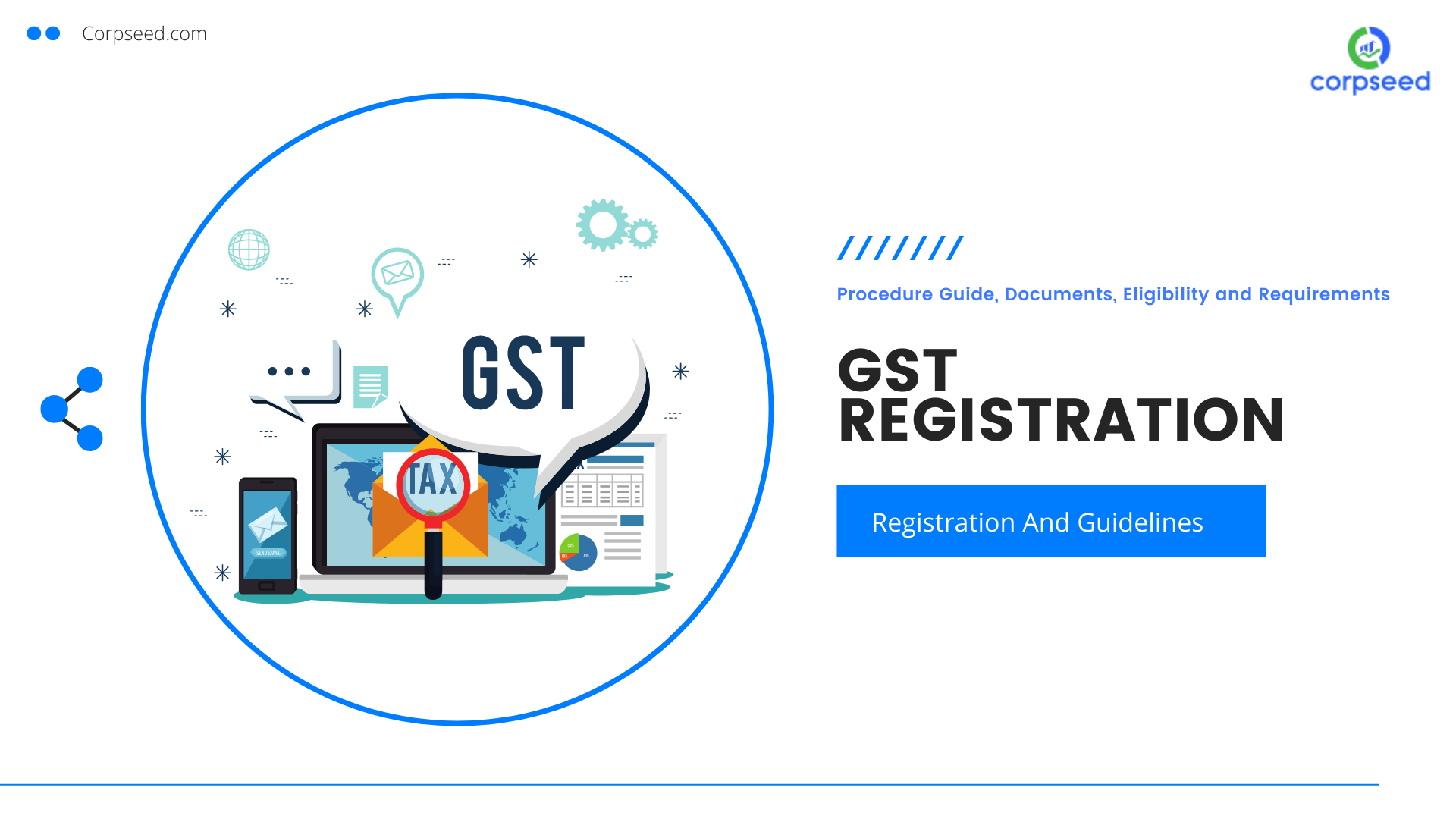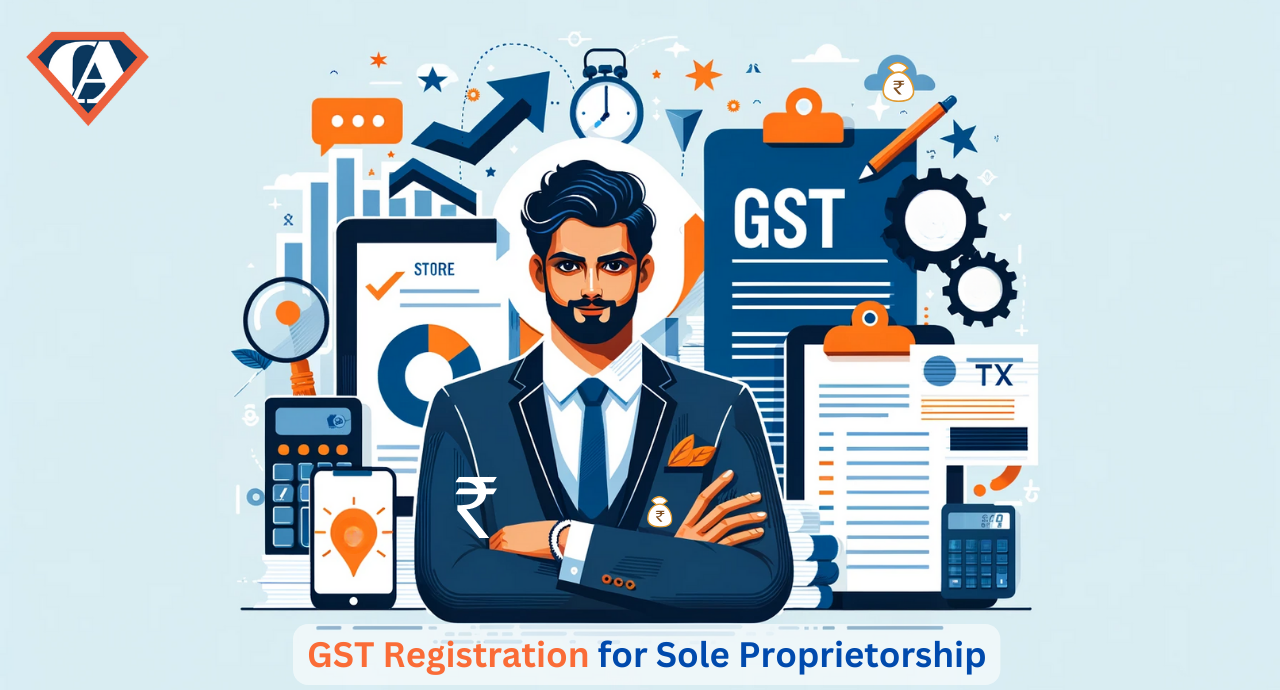How to Find the very best GST Registration Services in Singapore Swiftly
How to Find the very best GST Registration Services in Singapore Swiftly
Blog Article
From Beginning To End: The Ultimate Roadmap to GST Enrollment for Companies Looking For Financial Security
Browsing the complexities of Product and Provider Tax Obligation (GST) enrollment is a crucial step for services aiming for economic security. Damaging down the roadmap right into workable steps can streamline the registration journey for organizations looking to enhance their monetary standing.
Comprehending GST Basics
Looking into the fundamental principles of Product and Services Tax (GST) is crucial for acquiring a comprehensive understanding of its effects on organizations and the economic situation. GST is a value-added tax obligation imposed on most items and solutions for domestic intake. It has replaced several indirect taxes that existed in the pre-GST era, streamlining the tax obligation framework and boosting ease of doing service in India. Under the GST system, both goods and services are exhausted at a certain price, which is established based on their classification. If their annual turnover goes beyond the threshold limit set by the government, organizations are required to sign up for GST. Input Tax Credit Scores (ITC) is a considerable feature of GST, allowing services to claim credit for taxes paid on inputs, minimizing the general tax burden. Recognizing the essentials of GST is crucial for organizations to abide by tax obligation laws, manage their funds efficiently, and add to the country's financial growth by taking part in a transparent tax system.
Eligibility Requirements for Enrollment
As of the current policies, the threshold restriction for GST enrollment is an annual aggregate turnover of 40 lakhs for companies running within a state, except for unique category states where the restriction is 20 lakhs. In addition, certain businesses are needed to register for GST regardless of their turnover, such as interstate distributors, laid-back taxed individuals, and companies responsible to pay tax obligation under the reverse cost mechanism. It is vital for businesses to completely analyze their turnover and purchase types to establish their GST enrollment commitments accurately.
Files Needed for Enrollment
Having actually fulfilled the qualification standards for GST registration, companies must now guarantee they have the requisite files in area to proceed with the enrollment procedure effectively. The papers required for GST registration generally include evidence of business constitution, such as collaboration deed, registration certification, or consolidation certificate for different kinds of services. In addition, companies require to give papers developing the major area of organization, such as a rental agreement or electrical energy bill.
Step-by-Step Enrollment Process
Beginning the GST enrollment procedure involves a series of organized actions to make certain a smooth and compliant enrollment for services. The primary step is to visit the GST website and fill in the enrollment type with precise information of the company entity. Following this, the applicant obtains a Short-term Reference Number (TRN) which is used to return to the application procedure if it's not finished in one go.
Following, all required papers according to the list offered by the GST portal demand to be uploaded. These records generally include evidence of service registration, address and identification proofs of promoters, financial statements, and company entity's frying pan card.

Post-Registration Compliance Guidelines

Conclusion
Finally, services seeking economic stability must understand the fundamentals of GST, fulfill eligibility requirements, gather essential documents, comply with the step-by-step enrollment process, and comply with post-registration standards - Best GST registration services in Singapore. By sticking to these steps, services can guarantee conformity with tax obligation laws and maintain economic stability in the long run
Furthermore, specific services are required to register for GST regardless of their turnover, such as interstate vendors, laid-back taxable individuals, and services responsible to pay tax under the reverse fee system.Having actually satisfied the eligibility standards for GST registration, services have to original site now guarantee they have the requisite documents in location to continue with the registration procedure effectively. The documents required for GST enrollment generally include evidence of organization constitution, such as partnership act, registration certification, or consolidation certificate for various kinds of companies. Additionally, organizations require to provide papers developing the primary location of business, such as a rental contract or electrical you can find out more energy costs.Commencing the GST enrollment procedure includes a series of organized actions to make sure a compliant and smooth enrollment for services.
Report this page